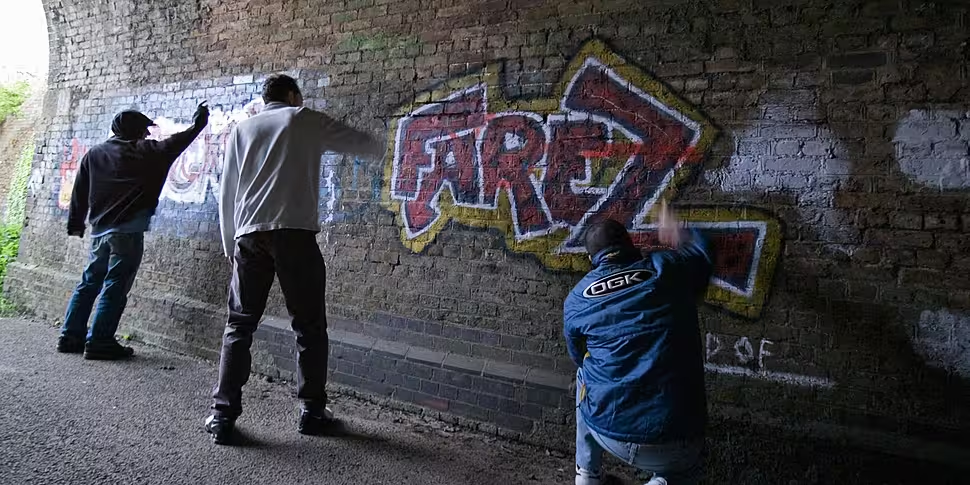Anti-social behaviour is on the rise and has several factors to it.
Trinity College Professor of Psychiatry Brendan Kelly said an under-developed brain is one of the the main culprits.
He was speaking amid concerns over violence in the capital city.
Prof Kelly told The Pat Kenny Show people's brain are not fully formed until their mid-20s.
"I think this is something that has intensified, although the underlying causes have been there," he said.
"We know these kinds of crimes, and this anti-social behaviour, is most common in teens and people in their early 20s.
"The fact is that the human brain has not matured until the mid-20s.
"The front part, the frontal lobes...governs our regulation of behaviour, our responses, dampening down the immediate impulses.
"That is the skillset that is not fully developed and tends to contribute to this kind of behaviour".
'Successful enactment'
Prof Kelly said not everyone will be affected in the same way.
"Obviously there are loads of people in their teens and 20s who don't do this, so there are other factors," he said.
"But that certainly is one of them - the not-yet fully matured brain leading to activity such as this".
Prof Kelly said there are also a societal factors to consider.
"If you look at the person themselves, or the group, some of the psychological things going on is what's called successful enactment," he said.
"In other words, this is something that these young people can do - if you like - often in a life where there isn't a lot of other achievement, or there isn't a lot of other power.
"Engaging in an act of violence or theft perhaps, or seeing fear in a victim's face, has been identified as one of the reasons why people do this.
"There's also the buzz and excitement, as well as the status that happens, within a group following... street violence or anti-social behaviour.
"There are things to do with the person but also the group they're hanging out with".
'Pro-social behaviour'
Prof Kelly said status is also a factor when examining group dynamic.
"It's partly to do with group belonging and partly to do with status within the group," he said.
"Sometimes this sense of justice that groups have, that operates entirely separately to the criminal justice system, or having their own standards.
"What's probably important here is to ask ourselves how do these psychological factors give a pathway in, or things that could happen to try and reduce the occurrence of this kind of behaviour?
"One of them, of course, is giving these young people something else to achieve - be it in sports, academically or in work - where they can get a sense of accomplishment in a way that is pro-social as opposed to anti-social.
"All of this is not to suggest for a minute that people are not responsible for their own behaviours, they certainly are.
"There does need to be policing and criminal justice - but maybe at a broader level, looking at the landscape in which these happen can help with prevention".
Garda response
Prof Kelly said Gardaí are "walking an almost impossible line" by trying to enforce order, while at the same time not inflame situations.
"I think maybe some of the best policing I've seen on the street are when the Gardaí just manage to slow everything down," he said.
"Maybe two Gardaí have a long, drawn-out conversation, or maybe stand around for a long period and somehow bring the temperature down.
Prof Kelly said while there "certainly" is a role for a harder approach, it should be in parallel with more social processes.
Listen back here:









